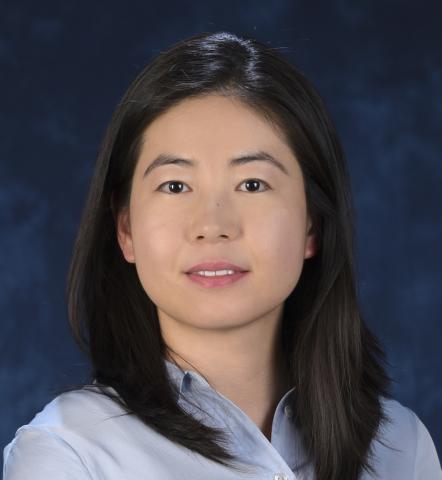Ivy Xiong, Ph.D.
Postdoctoral Fellow
Integrative Biology and Physiology
Quantitative and Computational Biosciences
University of California, Los Angeles
Seminar Information

Physiology is dynamic in nature, as seen in circadian rhythms and numerous ultradian rhythms (of core body temperature, heart rate, hormonal levels, etc.). To capture these highly oscillatory processes, we need techniques for longitudinal observation with adequate spatiotemporal resolution. To make sense of these oscillatory processes, we need methods for analyzing time-dependent data as well as mathematical frameworks for characterizing qualitative changes in system behavior, such as the emergence of bistability and the emergence of oscillation. In dynamical systems theory, qualitative changes are modeled as bifurcations in the underlying solution structure, for example, the emergence of oscillatory behavior in a Hopf bifurcation. In this talk, I will share examples of Hopf bifurcation theory applied to cancer and renal physiology, to demonstrate how dynamical systems theory can shed light on the mathematical structure underlying the transition from health to disease. I will also highlight the utility of intravital two-photon microscopy in capturing cell-level metabolic dynamics and tissue-level fluid flow dynamics in vivo.
Graduated from the University of Hong Kong (B.Sc.) and the University of Oxford (D.Phil.), Ivy Xiong is currently a postdoc fellow at the University of California Los Angeles. She studies dynamics in physiology, cancer and aging, with a special interest in the role of oscillatory processes in health and disease. By applying techniques from nonlinear dynamics, quantitative imaging, and computational biology, her research aims to explain the spatiotemporal nature of biological rhythms across scales.
